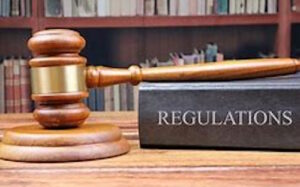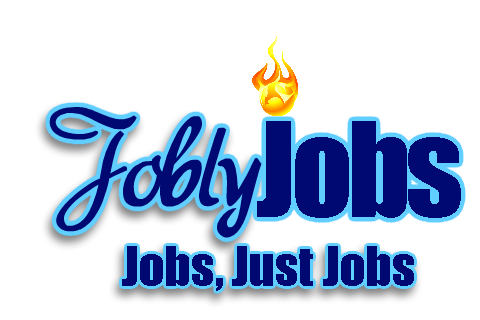Government regulation and job boards
 Government regulation and job boards have been a fear, a threat – but the regulations also seemed remote. Even when GDPR was implemented, job boards were able to quickly comply.
Government regulation and job boards have been a fear, a threat – but the regulations also seemed remote. Even when GDPR was implemented, job boards were able to quickly comply.
But…
The reality is that job boards have been bumping up against government regulations for a while now. For example:
- Europe is looking at LinkedIn’s use of data for ads: The EU – which oversees larger platforms’ compliance with a subset of risk management, transparency and algorithm accountability rules in its ecommerce rulebook, the Digital Services Act (DSA) – is asking questions about LinkedIn’s use of user data for ad targeting. Specifically – is LinkedIn breaching the DSA’s prohibition on larger platforms’ use of sensitive data for ad targeting? LinkedIn says they are complying – but non-compliance is a big deal. Confirmed violations of the DSA can attract fines of up to 6% of global annual turnover. The EU focuses now on what they call large platforms – but that could include both large job boards and marketplaces that include job listings.
- NYC passes an anti-bias law: New York City’s Automated Employment Decision Tools law went into effect on Jan. 1, 2023, as planned, but enforcement remains delayed until April 15 after significant public comment. In anticipation of the law, Beamery conducted two audits to gauge the compliance of its recruitment tools being used by clients in the city. Beamery chose to test first for possible gender and ethnicity biases due to the lack of reliable methods of capturing these types of data during the talent acquisition process. One challenge for the company was vagueness in the law, specifically with regard to how often the audits are required.
- The rise of pay transparency: Bit by bit, U.S. states have begun requiring pay transparency – allowing job applicants to know what a given position actually pays. California, Colorado, Connecticut, Maryland, and Nevada require all employers to provide pay information on request – and most employers meet that requirement by including pay information in their job ads. In Europe, the EU adopted a pay transparency requirement for all employers with more than 100 employees. However, these requirements are not widespread (yet) in most other areas of the world.
So government regulation and job boards have actually quite a long history. What’s coming next? I think it’s inevitable that laws governing pay transparency will continue to spread in the U.S. and elsewhere. It also seems likely that the use of generative AI in job boards and ATSs will be examined closely by legislators – and I would not be surprised if there were laws passed that governed AI’s use in hiring. There continues to be a focus on the introduction of bias in both the screening and interviewing processes. If your job board includes these services, beware!
What do they say – the only sure things in life are birth, death, taxes – and government regulations.
[Want to get Job Board Doctor posts via email? Subscribe here.].
[Check out JobBoardGeek, the Doctor’s podcast!]



